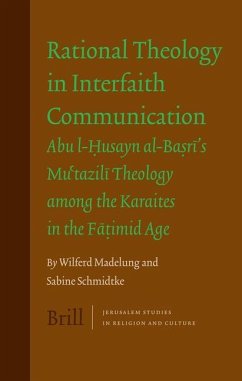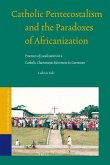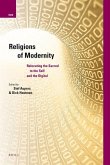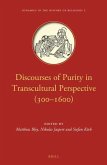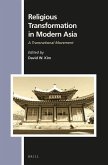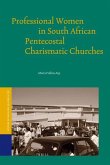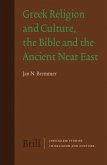The Mu'tazila was a rationalist school of Islamic theology and one of the important streams of Islamic thought. Its beginnings were in the eighth century and its "classic" period of development was from the latter part of the ninth century until the middle of the eleventh. During these four centuries, the theological movement of the Mu'tazila played a major role in the Islamic intellectual scene. Over time it fell out of favor in Sunni Islam and had largely disappeared by the fourteenth century. It is mainly due to the reception of Mu'tazili thought by the Imamis and the Zaydis within Shi'ism, as well as by Rabbanite and particularly Karaite Jews, that we are relatively well informed today about Mu'tazili doctrines and even have access to a significant quantity of authentic textual materials. The book contains editions, translations, and an analytical introduction of Karaite Mu'tazili texts of the late Fatimid period that were hitherto unknown and that shed fresh light in the reception of Mu'tazili thought among the Karaites.
Hinweis: Dieser Artikel kann nur an eine deutsche Lieferadresse ausgeliefert werden.
Hinweis: Dieser Artikel kann nur an eine deutsche Lieferadresse ausgeliefert werden.

